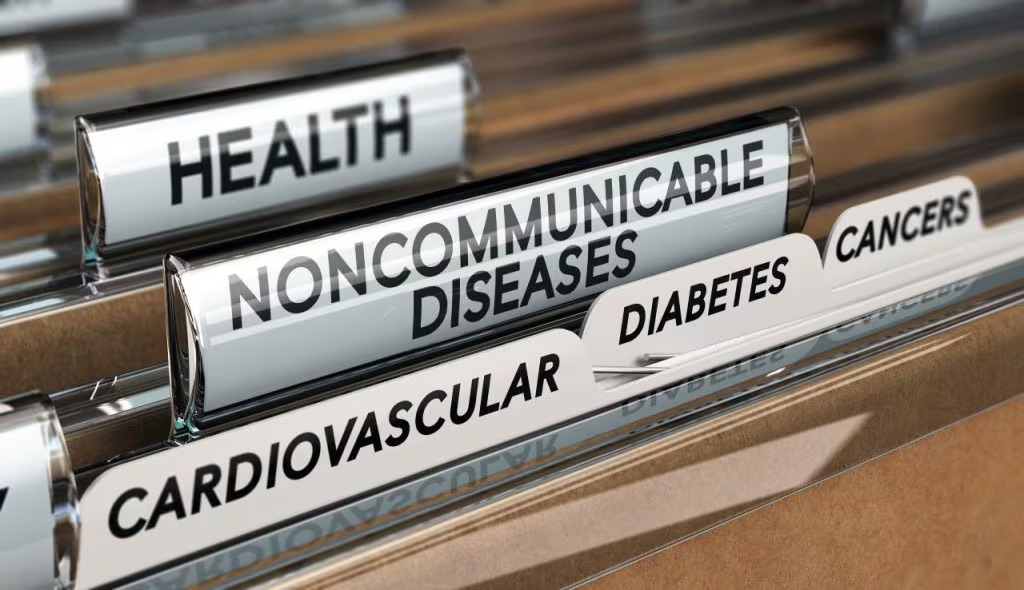A convenience culture has been fostered by the growth of fast food chains and the easy access to packaged snacks, making unhealthy eating habits—such as the intake of processed meals rich in fat, sugar, and salt—alarmingly common.
Obesity, diabetes, and other non-communicable diseases (NCDs) have increased as a result of the problem being made worse by a sedentary lifestyle and excessive mobile phone use.The ramifications of these eating patterns are astounding.

Source: India News
About 25% of Indians are currently considered overweight or obese due to rising obesity rates, and bad eating habits are also rapidly affecting children and teenagers. The ICMR-NIN guidelines emphasise the value of regular physical activity and advocate a return to traditional, nutrient-rich meals. Restructuring dietary habits requires consuming whole grains, legumes, fruits, and vegetables while avoiding processed meals.
Nonetheless, in order to make wholesome food more accessible, coordinated actions are required. It is necessary to implement policies that support food security, control food advertising, and encourage the production and consumption of healthful foods.
Source: NEWS9 Live
Programs for nutrition literacy should be incorporated into school curricula to help kids focus on their health from a young age. Policymakers, medical experts, educators, and community members working together can assist tackle the issue. We can stop the rise in NCDs and create a healthier future for all Indians by putting a priority on promoting healthy eating practices and addressing the socio economic issues that influence unhealthy food choices. It is time to take action.
What do you think about this? Comment below.

